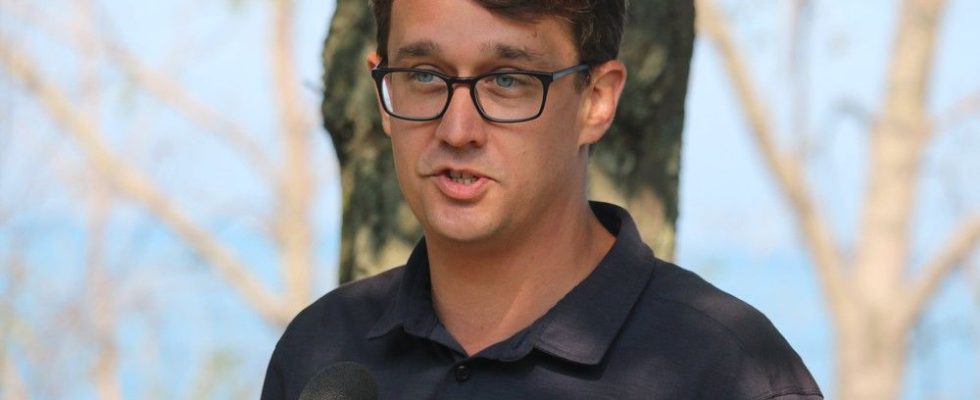Kettle and Stony Point First Nation will share in more than $2 million in provincial funding to help provide several Southwestern Ontario Indigenous communities with access to traditional mental health and addictions treatment.
Kettle and Stony Point will receive $659,083, $1.1 million will go to the Chippewas of the Thames First Nation. and Southwest Ontario Aboriginal Health Access Center’s Chippewa and London sites will receive $273,375, the province said in a release.
It’s part of nearly $33 million in funding for more than 100 Indigenous mental health and addictions programs across Ontario, the province said.
“Our goal is to ensure we have treatment close-to-home for all of the people of Ontario,” said Monte McNaughton, MPP for Lambton-Kent-Middlesex and Ontario’s labor minister.
“This $2 million is going to provide training in Indigenous culture and their way of healing, and that’s important,” he said.
McNaughton said Michael Tibollo, associate minister of mental health and addiction, has visited area Indigenous communities, including Kettle and Stony Point.
“He got to see first-hand why this is needed,” McNaughton said.
“The health of our community depends on us addressing our problem from a grassroots standpoint,” Kettle and Stony Point chief Kimberly Bressette said in the release. “The funds received will assist our First Nation in accomplishing some of these goals.”
Much of the provincewide funding will go to Indigenous groups and communities for 93 initiatives to help create new mental health and addictions program spaces, upgrade facilities and buy health and safety supplies, the government said.
Almost $8 million will support expanded health services, including traditional healing and access to trauma-informed care training.
The strategy was informed by experts in Indigenous mental health and addictions, and the experiences of Indigenous individuals, the government said.
“For generations, Indigenous communities and elders have taught the importance of community-based, culturally informed approaches to healing and wellness,” Tibollo said in the release. “It is critical that responses to challenges faced by Indigenous partners are anchored in partnership and collaboration.”
